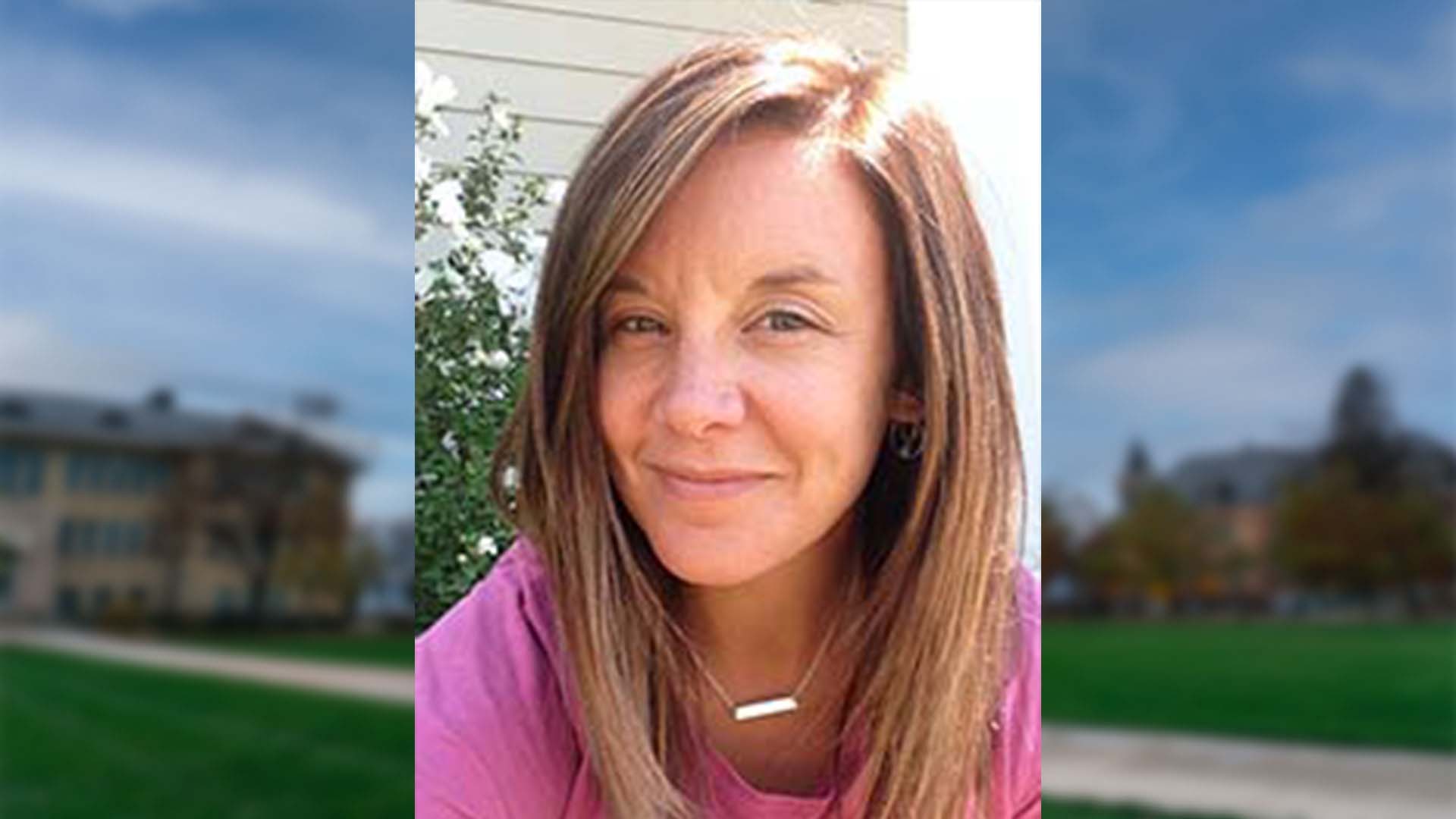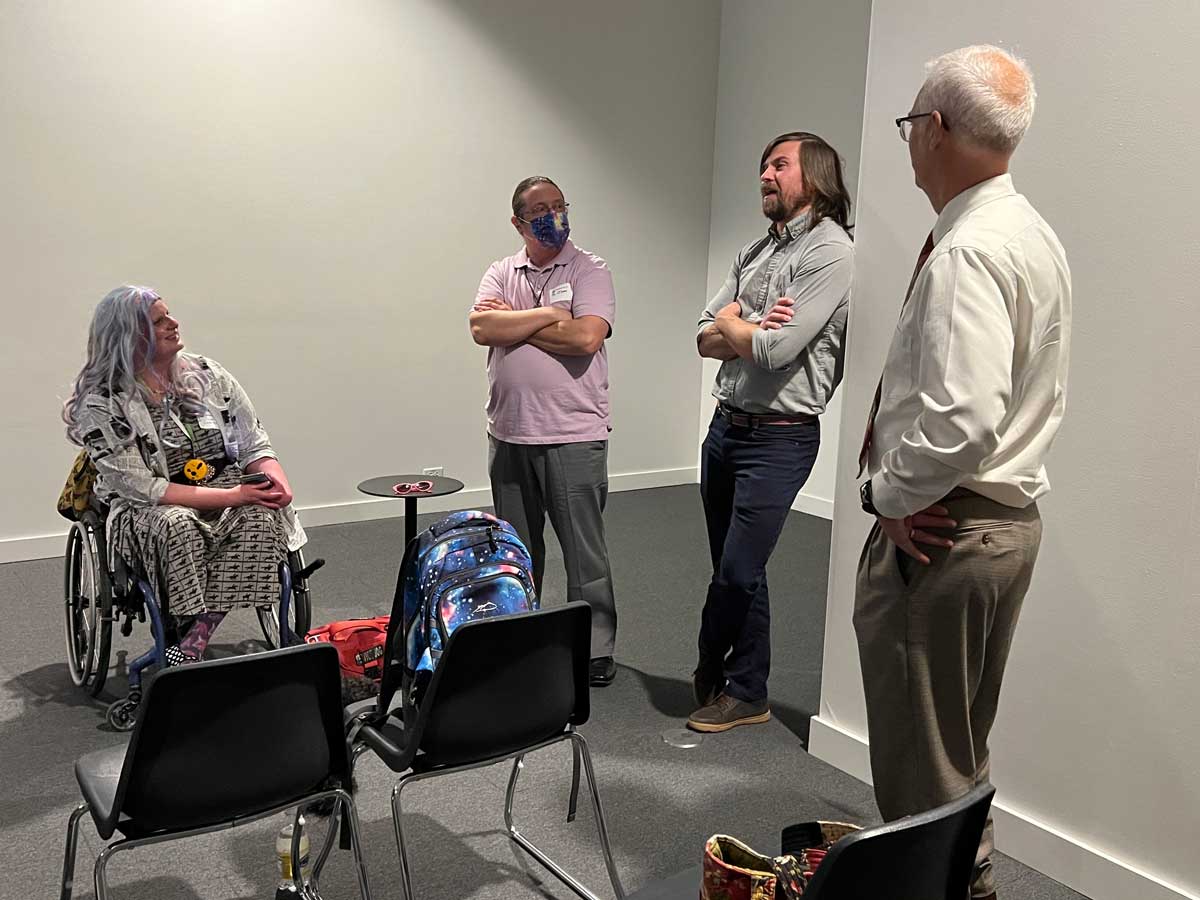Writing Fellows: A Source for Students and Professors to Improve Writing in Courses

The Writing Fellows program, created by Dr. Joyce Kinkead in 1990 at the request of then-Dean Bob Hoover and called “one of the undergraduate gems of this institution” by USU Vice Provost Laurens Smith in 2015, consists of high-achieving students nominated to the program by their professors because of their excellent writing skills. After a competitive application process to be hired for the fellowship award, Writing Fellows (WFs) then take a semester-long course that teaches them how to provide specific, helpful feedback in organization, structure, and proper citation. WFs then assist students on specific writing assignments. USU students taking any course connected with the Writing Fellows program turn writing assignments into a WF, who reads and critiques the written assignment and meets in a one-on-one conference with the submitting student to discuss it. The student can then revise the paper before handing the final draft to the professor for a grade.
This excellent program benefits all involved. Students benefit from their interaction with WFs as they receive individual help from tutors who know the assignments well, understand the professor’s expectations and goals, and have been trained to help with organization, rhetorical strategies, transitions, and citation. After working with WFs, students made the following comments: “My Writing Fellow helped me by…”
Meeting me at my level and providing the appropriate feedback. When I had a solid draft, he suggested a few tweaks. When I had only an outline, he helped me brainstorm.
He gave me great feedback on specific ways my essays could be improved. He never said "oh this could be better." He always explained why it could be better and an example of how to make that happen. He was extremely thorough and I always felt like I had a lot to work with after our discussions. He made sure to address my main concerns as well as concerns he had with my papers, and any questions I had. I could tell he really put a lot of time in and the feedback really helped me in so many ways. I really appreciate it!
They helped me by picking out flaws in my writing that I wouldn't have noticed no matter how many times I read over my paper. They were also able to tell me what I did that was good, which I was able to replicate in other papers.
WFs have used their experience with the program to propel them forward in seeking admission to graduate schools, earning graduate degrees, and / or excelling in professional careers that focus on written communication. For example, after graduating, former WFs have worked for the Governor’s World Trade Center of Utah, the Wall Street Journal, Fortune 500 companies, and they have been accepted into graduate programs across the country.
Professors benefit from the program because they receive much-improved writing assignments from their students. As an instructor who has included WFs with English 3630 (The Farm in Literature and Culture) for seven years, Bonnie Moore, a Lecturer in the USU English Department, attests to the value that using WFs provides, as students submit higher quality papers based on the input from the WFs. And the entire English Department benefits through this program, as shown in a study using data from Fall 2015 to Spring 2019 which proved that students who experienced WF support in a course were significantly more likely to persist to the next semester at USU, so it’s a fabulous retention tool, and retention is a goal the English Department works toward (Hagman, Foust, Dickamore, & Hayden, 2020).
The process to become and engage as a WF includes: being noticed and nominated by a professor due to superior work and writing, a competitive application process for the fellowship award, completing CHSS 4900 Writing Fellows Seminar (a 2-credit, invitation-only course training on the theory and practice of tutoring writing), using advanced programs in Canvas Instructure and MS Word for providing content, structural, and editorial feedback; providing Zoom conferences (during the pandemic—prior to that conferences were face-to-face) for one-on-ones with students, conducting a research project of writing pedagogy and practice, serving as a liaison between faculty and students regarding assignment evaluation criteria, reporting student progress to faculty, and using student and professor evaluations to reflect on and improve tutoring practice.
Lezlie Christensen-Branum, Senior Lecturer and Director of the Writing Fellows program, reinvented the program to an all-online format when Covid forced everything online, and she created thoughtful and practical ways for students and WFs to connect via a Canvas shell, which works very well.
The Writing Fellows program is a win-win-win for the English Department.
For more information on the program and how to apply, students can visit the Writing Fellows program information webpage.
Professors interested in learning more about the Writing Fellows program and the specifics of how it works can visit their instructor information page.
To request Writing Fellows for a particular course, please go to their request form.
For more information or to nominate a student for consideration as a Writing Fellow, please contact Lezlie Christensen-Branum at lezlie.branum@usu.edu or (801) 814-1331.




